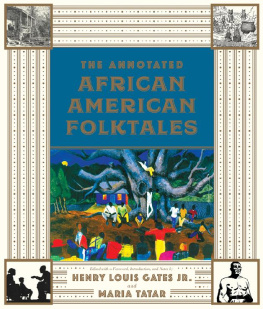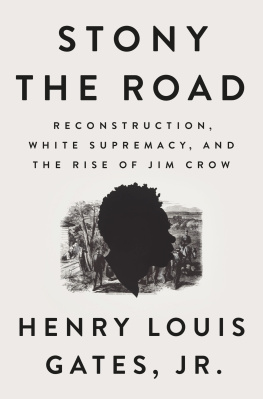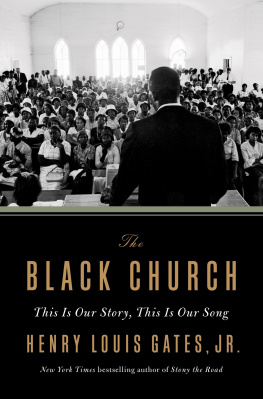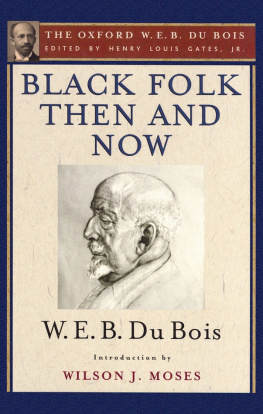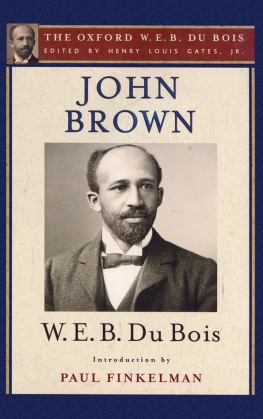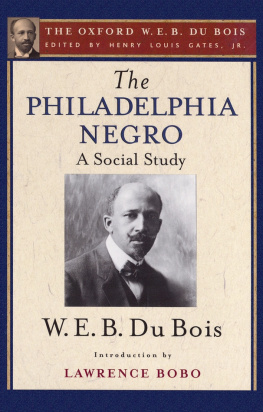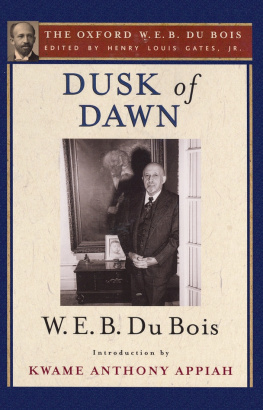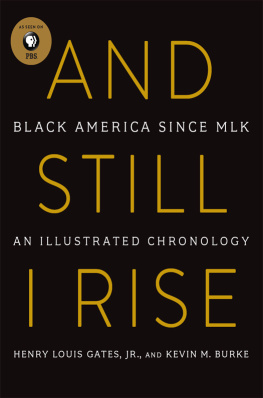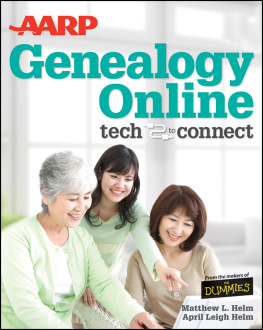2016 Henry Louis Gates Jr.
All rights reserved
Designed and set in Miller and Myriad types by Rebecca Evans
Manufactured in the United States of America
The University of North Carolina Press has been a member of the Green Press Initiative since 2003.
JACKET ILLUSTRATIONS : Henry Louis Gates Jr., photo courtesy of Peter Simon; Anderson Cooper, photo courtesy of CNN; Ken Burns, photo courtesy of Cable Risdon; Gloria Reuben, photo courtesy of Francis Hills; Tina Fey, photo courtesy of WNET; Angela Bassett, photo courtesy of DAndre Michael; Deepak Chopra, photo courtesy of Jeremiah Sullivan; background artwork courtesy of PBS.
Library of Congress Cataloging-in-Publication Data
NAMES : Gates, Henry Louis, Jr., author.
TITLE : Finding your roots, season 2 : the official companion to the PBS series / Henry Louis Gates Jr.
DESCRIPTION : Chapel Hill : The University of North Carolina Press, [2016] |
Includes index.
IDENTIFIERS : LCCN 2015043771 | ISBN 9781469626185 (cloth : alk. paper) | ISBN 9781469626192 (ebook)
SUBJECTS : LCSH : CelebritiesUnited StatesGenealogy. | United StatesGenealogy. | Finding your roots (Television program)
CLASSIFICATION : LCC CS 16 . G 364 2016 | DDC 929.1072/073dc23 LC record available at http://lccn.loc.gov/2015043771
CONTENTS
CHAPTER ONE
Stephen King Gloria Reuben Courtney Vance
CHAPTER TWO
Billie Jean King Derek Jeter Rebecca Lobo
CHAPTER THREE
Ken Burns Anderson Cooper Anna Deavere Smith
CHAPTER FOUR
Ben Affleck Ben Jealous Khandi Alexander
CHAPTER FIVE
Tom Colicchio Ming Tsai Aarn Snchez
CHAPTER SIX
Nasir Jones Angela Bassett Valerie Jarrett
CHAPTER SEVEN
Alan Dershowitz Carole King Tony Kushner
CHAPTER EIGHT
Sting Deepak Chopra Sally Field
CHAPTER NINE
Tina Fey David Sedaris George Stephanopoulos
CHAPTER TEN
Jessica Alba Deval Patrick Henry Louis Gates Jr.
Finding Your Roots, Season 2
Introduction
One Saturday morning in the early nineties, I found myself awake at about 5:00 in the morning in a hotel room in Salt Lake City. I had lectured the evening before at the Utah Academy of Sciences, Arts and Letters, and because I had flown there from my home here in Cambridge, I was suffering from jet lag, hence the much-too-early wakefulness. My flight home wasnt scheduled to leave until early afternoon. What to do on a Saturday morning in Salt Lake City, Utah? As I lay there in bed, a return to sleep a distant dream, it suddenly occurred to me that I could at long last visit the proverbial Vatican for genealogists all around the world, the Family History Library. Operated by Family Search, which is the genealogical wing of the Church of Jesus Christ of Latter-day Saints, the library is fabled for its astonishingly extensive collection of every sort of record that individuals need to begin to trace their family trees. (For once, humongous may be the right word to describe this magnificent place.) I worried that it might be closed on Saturday, for some religious reason, perhaps? (I confess that I was totally ignorant of the customs, beliefs, and practices of the religious group most widely known as the Mormons.) So I called Information, dialed the number of the library, and was very pleased to learn that the Family History Library was open on Saturdays from 9:00 to 5:00.
I arrived at 9:10. Little did I know that what I was about to experience in that amazing library would begin a long process that, by fits and starts, would change the direction of my professional life.
The place was packed, each microfilm and microfiche reader occupied, most often by older women; some older men had planted themselves in front of the machines and were working away, too. I happen to love working in the archive, and I once even owned my own microfilm reader and printer. I didnt notice many young people at that time, but some students (working on their PhDs, Id learn) started to show up as the day wore on. Every sort of ethnicity and nationality seemed to be represented; in fact, the place looked a bit like a United Nations Elderhostel, pulsating with people who I guessed were Asian, Indian, Euro-American, Christian, Jewish, and Lord knows what else, people of just about every color across the spectrum of hues in the human communitys rainbow of skin colors. Glancing around in search of my phenotypic kindred, as by habit I always do upon entering a room, I quickly noted that a fair share of these people were black. That took me completely by surprisea most pleasant surprise. I was startled to see, even at a glance, how very ecumenical genealogy was.
The feeling that pervaded the room also took me by surprise. A certain electricity of expectation was somehow charging the atmosphere, a bit like the way your hair can tingle when lightning is about to strike nearby. I didnt have the words for this yet, and I wouldnt until this happened: a woman sitting near me in front of a microfilm reader suddenly leapt from her chair, waving her arms. She shouted, I found her! Tears streamed down her face. She had found a long-lost ancestor! Several researchers working close by immediately stood up as well, hurried over to her and embraced her, offering their warmest and most heartfelt congratulations. It was as if she had been possessed by the Holy Ghost, the way worshippers were at the Pentecostal Church back home on Back Street in Piedmont, West Virginia.
I was dumbfounded. I found the whole scene deeply moving, and I was irrevocably changed.
Soon I was searching, too, searching for the oldest Gates we knew of at that time: Jane Gates, a former slave from Cumberland, Maryland; Jane Gates, my great-great-grandmother. I had met Jane Gates, born in 1819 and died in 1888, the day of my grandfathers funeral. Edward St. Lawrence Gates was born in 1879 and buried on July 2, 1960, when I was nine years old. Just after we had buried him at the Rose Hill (Episcopal) Cemetery in Cumberland, we returned to the Gates family home on Greene Street, two doors down from the home that Jane had purchased, for cash, in a predominantly white neighborhood, for herself and her exceptionally fair-skinned, mixed-race children, just five years after slavery ended. You dont have to be Sherlock Holmes to solve the mystery of how a black woman with five mixed-race childrenLaura, Alice, Clara, Henry, and Edward, all fathered by the same man, she always told themwas able to make that purchase. Never once did she reveal his name, but more on that a bit later.
My father took my brother, Paul, and me upstairs to his parents bedroom to show us his fathers scrapbooks, full of news clippings about all kinds of crazy things, but especially full of obituaries. Among those obituaries, in the sixth or seventh scrapbook my father riffled through, was the one he had summoned us upstairs to see. It was Janes. She had died on January 6, 1888, and the short account of her life concluded that she had been an estimable colored woman. I looked up the word estimable much later that evening, just before I went to bed. Two days later, following the colored Fourth of July picnic, I asked my father to buy a composition book for me. And that night, in front of our tiny black-and-white TV, I asked my mother and father question after question about their ancestors and dutifully wrote down all that they told me.
I was hooked.
It was years later that I would learn that what I was hooked on was called genealogy, or ancestry tracing. And I have remained hooked on tracing ancestryat first just my own, but for the last decade, the ancestry of complete strangersever since I was that nine-year-old boy rummaging through a stack of old scrapbooks. That interest, that passion, really, was notched up exponentially when Dr. Rick Kittles of the company African Ancestry introduced me, in the year 2000, to the wonders of ancestry tracing through DNA, by attempting to trace my mitochondrial DNA (abbreviated as mt-DNA). My results indicated that I was descended from a female of Nubian descent. Subsequent tests, however, revealed that my mt-DNA was T2, which meant that I, incredibly (and improbably, to my mind), was descended from a white female whose ancestry traced to northern Europe. She was most likely impregnated sometime during slavery by a black male. Shortly after receiving these stunning results, I suddenly and abruptly (in the middle of the night, in fact) got the crazy idea that I could do a documentary series for PBS and trace the ancestry of African Americans following the paper trail, and then when the paper trail ran cold, analyze the persons DNA to see what it might reveal about the African regional origins of their mothers mothers line and their fathers fathers line (in the case of males), sort of like redoing Alex Haleys


